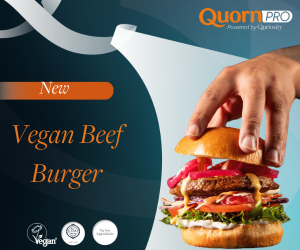It’s no surprise that whole foods are better for our bodies. Whole foods provide us with all the vitamins, minerals and other micro-nutrients as well as being a valuable source of fibre, which helps regulate your blood sugars and helps you feel fuller for longer.
Diets rich in whole foods are linked to better health markers. For example, people who eat diets rich in whole foods, fruits, vegetables, unprocessed meats, and eggs have a much greater life expectancy.
As diets in the West changed towards more fast food, ready-made meals and convenience foods, the amount of salt, sugar, trans and saturated fats have increased. This has led to high obesity rates directly linked to heart conditions, cancer, decreased liver function and increased insulin resistance, amongst other rising health issues.
With the rising population and demand for food increasing in turn, more and more foods are subject to increased processing to meet this demand. However, by increasing our consumption of fresh fruits, vegetables, nuts, legumes and other whole foods, we can meet the growing population demands. However, this has to be done in conjunction with reducing demand for meat and dairy products.
As university caterers, we must encourage healthy eating for a healthier and healthy planet. Provide customers with well-balanced, high-quality and eat the rainbow style food offers so they can make informed choices.
This isn’t a fancy new idea; it is just eating the food that your grandparents ate. Advertising and the media have sold us the story that whole foods are dull whilst selling us fifty shades of beige foods. Filled with harmful levels of trans and saturated fats, sodium and refined sugars at an increased cost to our pockets, health, and planet.
Whole foods are delicious, colourful and vibrant. They have a rich array of flavours, vivid colours and outstanding flavours. That no pre-made, machined lump of beige could ever match. Cook them with a bit of love and care and you have a truly fabulous meal.
That said, many minimally processed foods— low-sodium tomato paste, wine, nut butters, frozen fruits and vegetables, mayonnaise, dark chocolate, canned low-sodium beans, 100 per cent whole-grain crackers, fresh-cut vegetables, spice mixtures, yoghurt, reduced sodium sauces, many kinds of canned fish and shellfish, among other things — can be incorporated into healthy meals. Processing can also be used to extend the season of local and sustainably grown produce and to make use of cosmetically imperfect foods.
A simple rule of thumb is if you couldn’t easily make it yourself, you probably shouldn’t be selling it to your customers.









